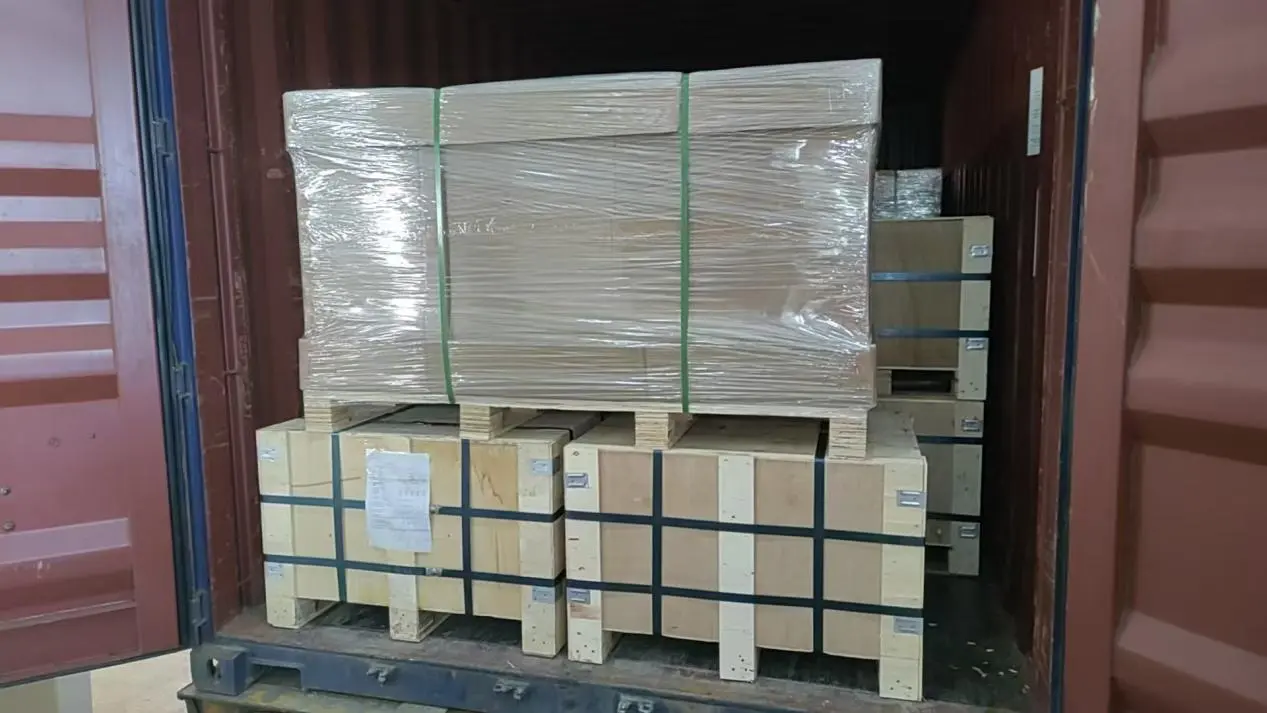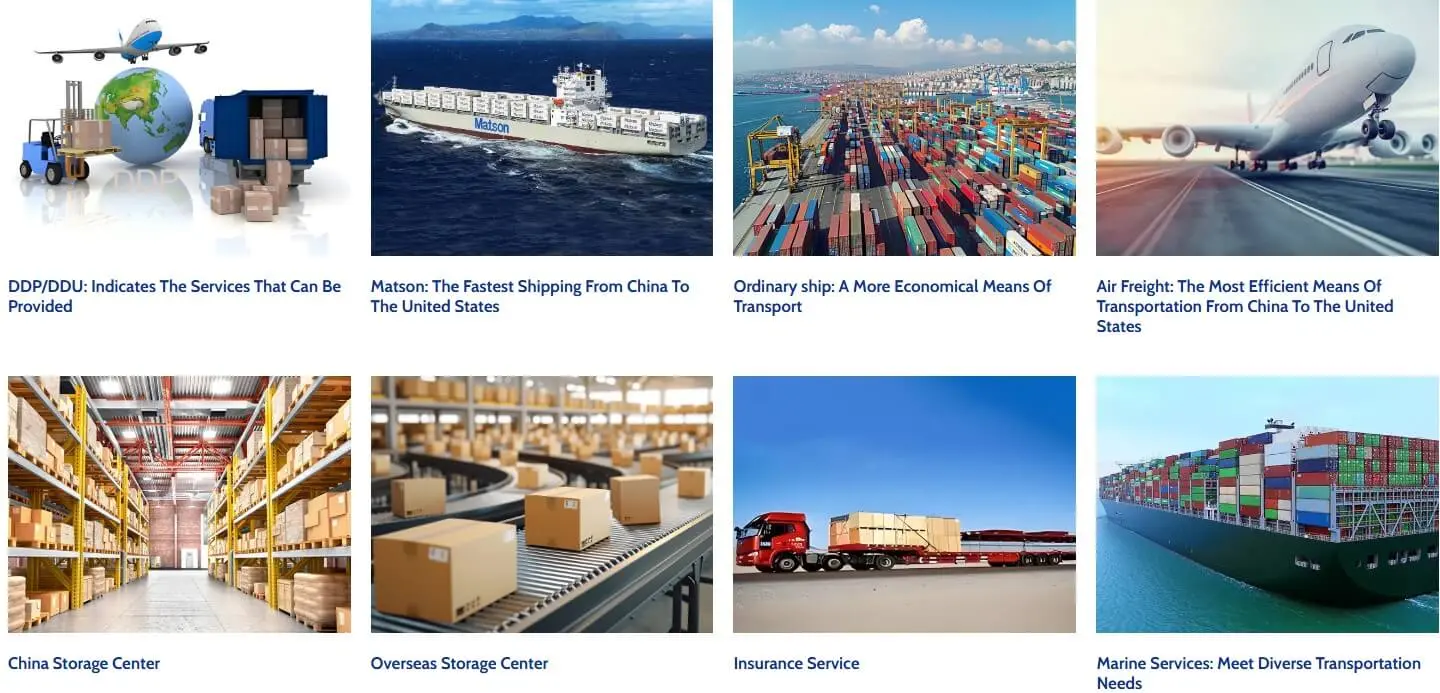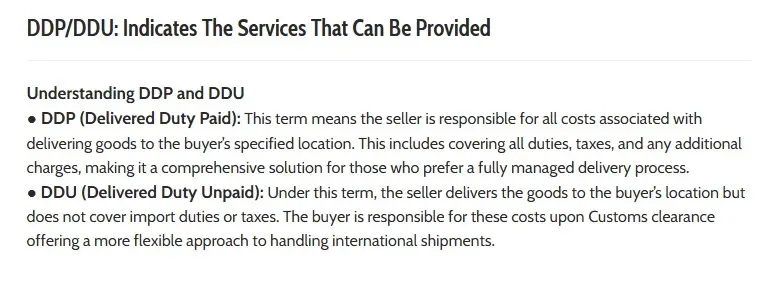cargo shipping News: China to adjust import tariffs in 2025
As the New Year approaches, China's import tariffs are about to undergo a major overhaul. The Customs Tariff Commission of The State Council announced that from January 1, 2025, the import tariff rates and tax items of some commodities will be adjusted. The decision is based on the Tariff Law of the People's Republic of China and aims to simplify trade practices while responding to the changing global economic landscape.
One of the most striking aspects of this adjustment is the commitment to support the least developed countries. In order to promote development and mutual benefit, China will continue to apply zero-tariff treatment to all tax items of the 43 least developed countries that have diplomatic relations with China. The move is part of a broader strategy to strengthen trade ties and provide these countries with the opportunity to grow their economies without the burden of import tariffs.
In order to expand the global network of high-standard free trade zones, by 2025, agreed tax rates will be applied to some imported goods under 24 free trade agreements and preferential trade arrangements originating in 34 countries or regions.
These changes have significant implications for both exporters and importers. Companies engaged in international trade should be prepared for the new tariff structure, which could affect pricing, supply Chain Logistics and overall market competitiveness. Companies that export goods from the least developed countries to China will benefit from the zero tariff policy, which is likely to increase trade volumes and strengthen economic ties.
As we move into 2025, cargo freight forwarder and stakeholders in the shipping industry must keep pace with these developments. Understanding the new tariff rates and zero tariff treatment for LDCS is critical to dealing with the complexities of international trade and maximizing opportunities in global markets. These adjustments mark a pivotal moment for China's trade policy and reflect its commitment to domestic economic growth and international cooperation.



















